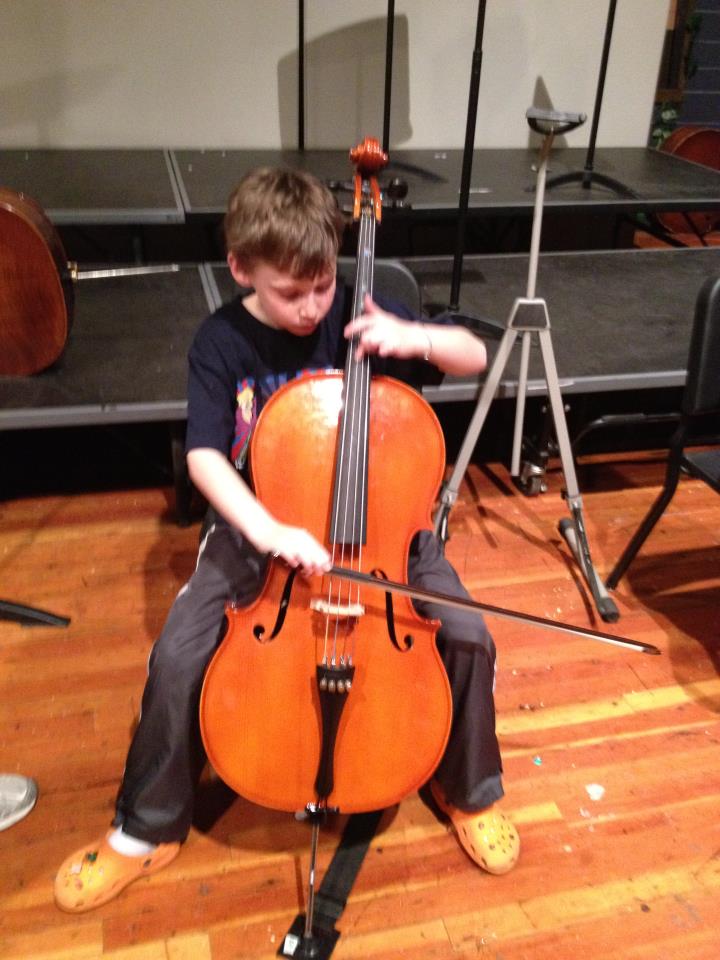This featured post was brought to you by Sam Peters

Everyone loves music, but children are especially drawn to it. They love to dance and sing and do it often and loudly. If you have children, you already know this. They start with the lullabies we sing them and move on to the preschool songs we play them and that they hear on preschool TV shows like Jacks Big Music show and the Wiggles are excellent examples.
Encouraging music in your children will help them developmentally. Children who play and sing regularly are more inclined to do better in school. They read better, are better at math and science and generally get along better with other children. They are much more likely to go to college as well.
As a parent we begin teaching our children long before they ever reach a classroom. We teach them their first language and many times their second one as well in multilingual households. Giving them a wide variety of musical genres is great for them. Whether you are playing music in the car or as you clean your house, they watch, listen and learn from everything you do. Having them take music classes at some point in their childhood is a phenomenal way to assure that they will be successful in life as musically oriented children tend to make better life choices later on.
When you choose and instrument for your child, take them to a music store with instructors and let the kids play with a few instruments to see what they like the most. This will let you know exactly where their interests lie and just what they can actually handle at their given age.
There are certain instruments that will be too heavy for them, or for their small hands to handle. Also, there are a lot of instruments that have “child size” for those little guys to actually be able to learn on and play with proficiency. Violins are a perfect example of that. They come in really small sizes that are perfect for little fingers to play.
The violin is not easy to learn though. At least not as easy as learning the guitar, because drawing the bow across the strings is more difficult than plucking or strumming the strings is.
For something a little easier to start, the piano is a common instrument for children to begin learning to play, however if you don’t have one at home and can’t afford to buy one for them to practice on, you probably should choose something else. Learning to play an instrument requires lots and LOTS of practice.
Most schools have music class and usually the children learn how to play the recorder at some point, but it is not the same as private lessons. They do not get the one on one attention in a school classroom as they do from a private instructor. Add to that the music teachers in the school do not teach a variety of instruments either. It is very basic and only teaches them about music in general. Bear this in mind when you make your decision on whether or not to have them take lessons.

I agree with the statements made above about music for childhood development. As a parent of an eight year old who is practicing piano and a two year old soon two take up an instrument, I totally picture what this article is talking about. we always encourage music in our home weather it be singing or playing music instrument.